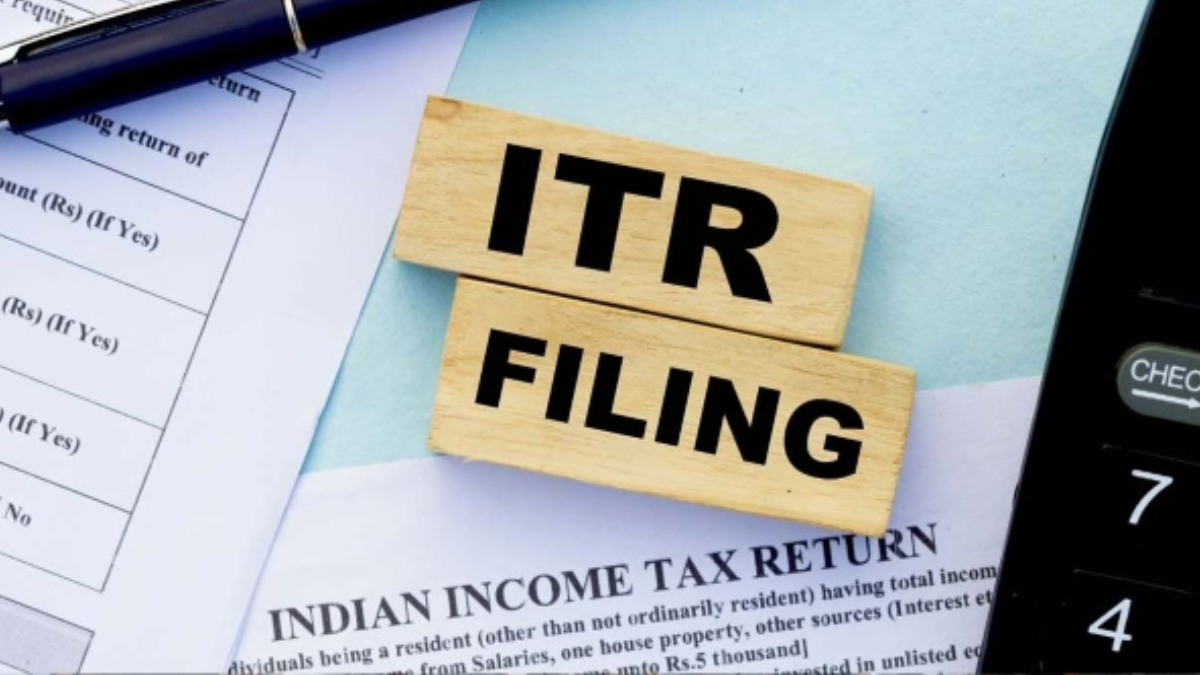The process of filing income tax returns in India is closely tied to due dates that every taxpayer must follow. For the assessment year 2025 26, the finance ministry has provided additional time to many taxpayers, extending the original July 31 deadline to September 15, 2025. This move gave non audit taxpayers a total of 46 extra days to complete their filing responsibilities. However, while this extension offers relief, it is important to understand that different categories of taxpayers follow different deadlines.

Individuals, Hindu Undivided Families, Associations of Persons, and Bodies of Individuals whose accounts are not subject to an audit must file their income tax returns by September 15, 2025. Missing this extended deadline can invite penalties and interest, making it crucial for these taxpayers to meet the requirement on time.
For businesses and professionals whose accounts require auditing, the due date is set at October 31, 2025. Those who are required to file a transfer pricing report through Form 3CEB will need to submit their returns by November 30, 2025. Partners in firms that require a transfer pricing report must also comply with this November deadline. These extended timelines recognize the complexity of financial reporting for entities that undergo audits and international transaction checks.

If an assessee misses the original or extended deadline, there is still a chance to file a belated return before December 31, 2025. However, this comes with financial consequences. Taxpayers may face a penalty of up to five thousand rupees if their taxable income exceeds five lakh rupees. For those with an income below this threshold, the penalty is one thousand rupees. In addition to penalties, late filers must also bear an interest cost of one percent per month on the outstanding tax liability as per Section 234A.
Another significant drawback of missing deadlines is the inability to carry forward certain losses to future years. This restriction limits future tax saving opportunities, making timely filing even more important. Beyond compliance, filing on time helps in maintaining a clear financial record, securing faster refunds, and avoiding unnecessary scrutiny from the tax department.

As of September 1, 2025, more than four crore income tax returns have already been filed. This represents nearly half the number of filings seen in the previous year by the deadline of July 31. Experts believe that if this momentum continues and the government does not encounter technical bottlenecks, the chances of another extension are minimal. With the September 15 deadline approaching rapidly, taxpayers are encouraged to prepare and file without waiting until the last minute.
Filing an income tax return may seem like a yearly task, but it is also a financial discipline that ensures transparency and strengthens one’s financial standing. Staying aware of deadlines and avoiding last minute stress not only saves money in penalties but also supports better tax planning for future years.
For more simplified updates on taxes, investments, and modern finance explained in everyday language, follow You Finance on Instagram and Facebook.















